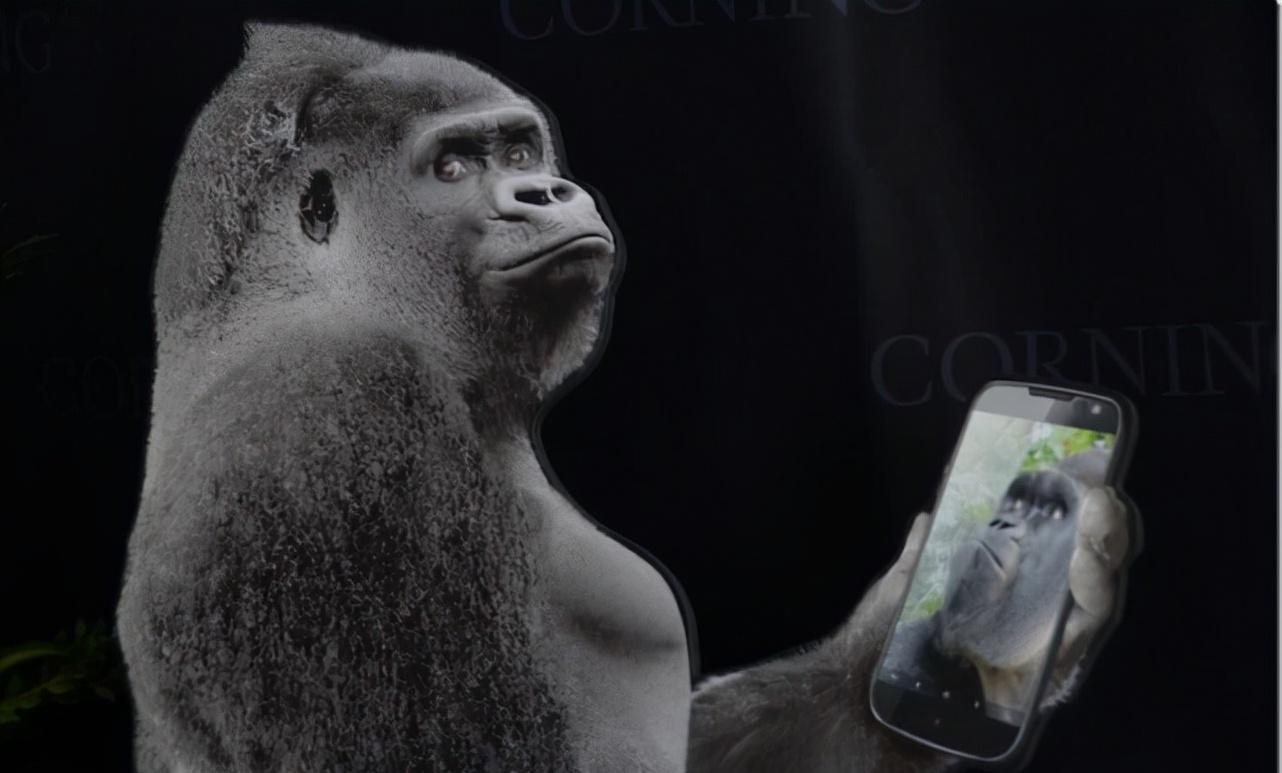
Some daily glass supplies, the most commonly used is the mobile phone screen. When some mobile phone products are released, Corning Corporation of the United States is often mentioned as a leading company in the field of materials science. For more than 160 years, Corning has leveraged its expertise in specialty glass, ceramics, and optical physics to develop products that are refreshing and transform human lives. Most people know Corning because it has created the toughest Gorilla Glass in history for Apple phones, Xiaomi mobile phones, etc., and also made heat-resistant glass cookware used by people during Thanksgiving. But what is less well known is that the company is also currently contributing to the pharmaceutical industry, and this part of the business and output value is expanding rapidly.
Corning recently opened a new bottle manufacturing facility in Durham, North Carolina, which says it can produce 500 million glass bottles a year to improve domestic supply chains and ship COVID-19 vaccines and other drugs to the United States and abroad. The plant's development and deployment was completed in a very short period of time, in part because of $204 million (about 1.3 billion yuan) of federal funding as part of the U.S. government's Action Warp," a U.S. government program to fund the development of a COVID-19 vaccine. Corning said that over the past 18 months, the number of small pill bottles it has produced has been able to provide more than 3 billion doses of the COVID-19 vaccine.
Corning also unveiled a new product called Velocity Vials, a specially designed vial that is said to speed up the COVID-19 vaccine manufacturing process. Drugmaker Catalent has started using Velocity Vials to package COVID-19 vaccines. "We found that due to the specificity of the coating, the vials produced by Corning actually had a faster throughput rate for the equipment we used." Dennis Johnson, vice president and general manager of Catalent's largest plant in Bloomington, Indiana, said: "We've seen a doubling of the throughput rate of the machine, which equates to more doses for patients. This is crucial during the global COVID-19 pandemic. Corning CEO Wendell Weeks also said the company plans to expand its North Carolina facility until it becomes "one of the world's largest pharmaceutical packaging manufacturing plants," and he wants to expand the drug bottle portion of the business. Wix said: "At the moment, while it looks small, I'm just comparing it to the $14 billion in revenue we're going to have this year. But it's going to go beyond that in the next two or three years, and it's a multibillion-dollar opportunity for us. That's pretty sure. ”
According to Data Analysis by Grand View Research, the pharmaceutical glass packaging market is expected to grow from $4.02 billion in 2021 to $7.46 billion by 2028, nearly doubling.
This article is the subject of: Ginger Emperor Penguin. Edited by: dlshy2012